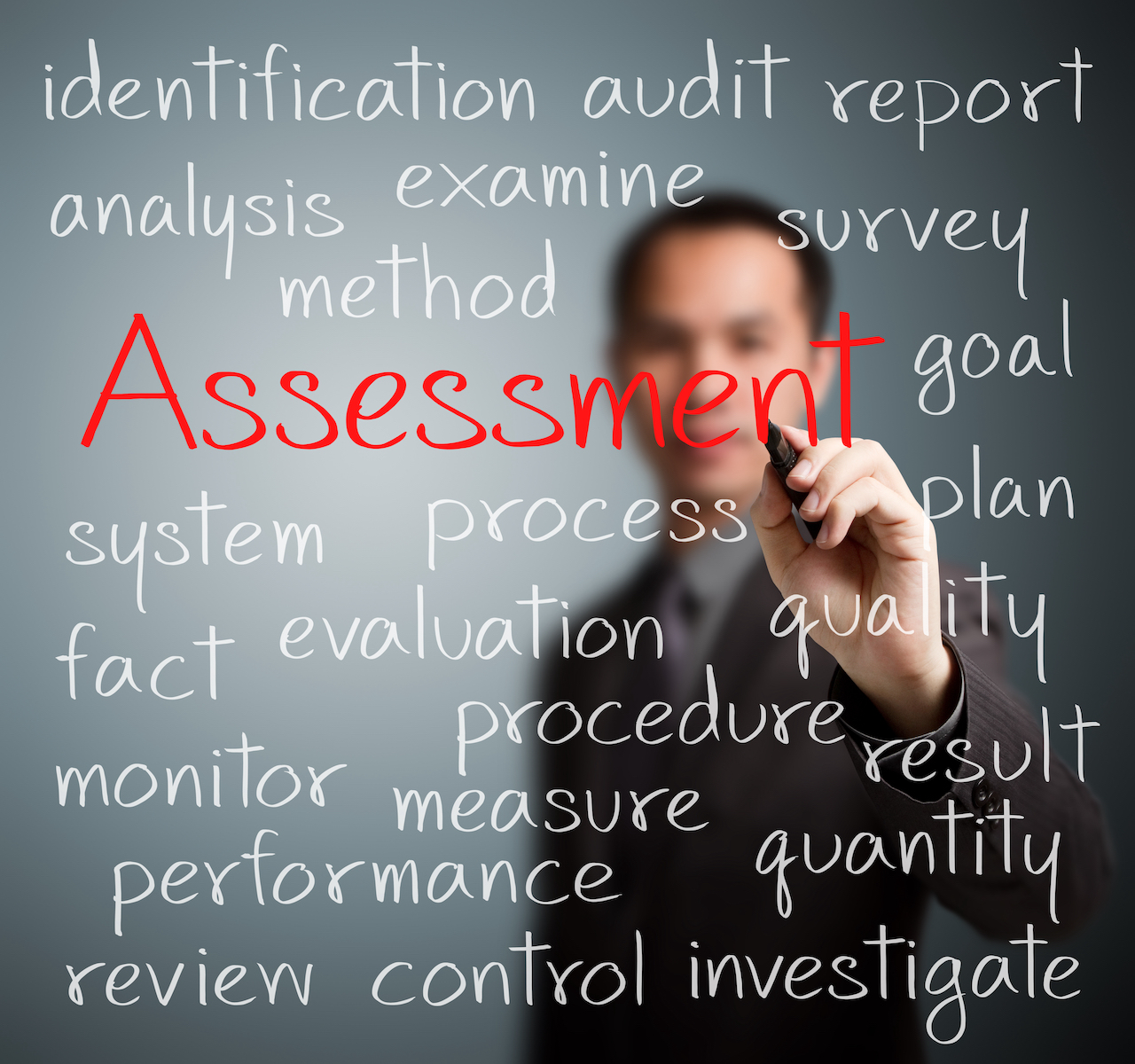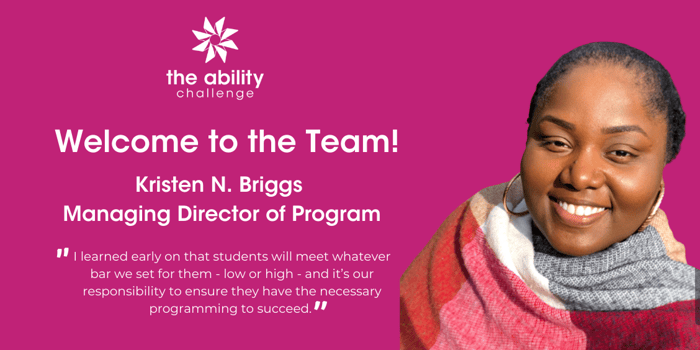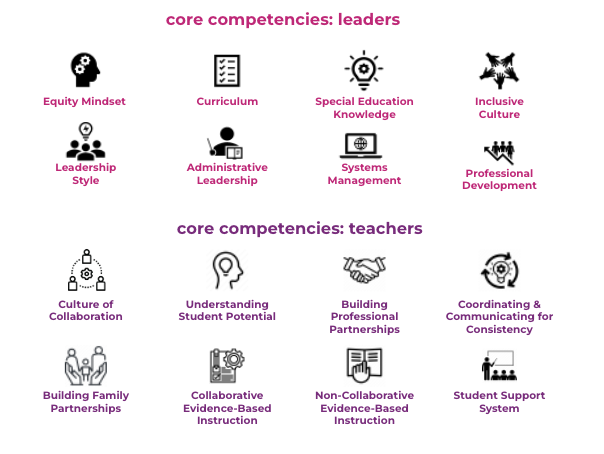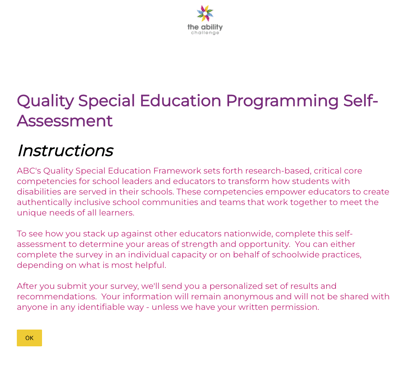ABC’s New and Improved Quality Special Education Framework
Tools & Resources • 5 min read • Apr 13, 2022 9:06:33 PM • Written by: Sarah Sandelius

Our Big Question
“What does it take to design and implement a quality Special Education program?”
For the last few years, The Ability Challenge has been on a quest to learn more about the components of a world-class special education program. We’ve spent countless hours researching, interviewing stakeholders, and studying special education programs in schools and districts across the country to gain insight into answering this question. What we’ve found is that educators, administrators, students, families, researchers, and even policymakers have vastly differing perspectives on the answer. While IDEA provides a legal floor, there is no consensus or shared vision of special education for an aspirational school or district.
Yes, we’re a country of 13,000 districts with nearly as many school boards, legislatures, and others making the rules for what happens in a school and context matters. But does that really matter enough to leave our educators without a picture of what we should be aiming for on behalf of our most marginalized student populations? Or our leaders without a clear understanding of what they need in order to set their schools and districts up for success?

We don’t think so. In the absence of a model, we built one. In 2018, we convened experts and stakeholders for a conference to discuss the special education options available and begin visioning what it would look like to develop the competencies of leaders and educators to deliver special education with excellence. We applied the learning from that conference to begin the development of core competencies for educators and leaders and a Framework to define a quality special education program, and the iterations began. We went back to the research, spoke to more stakeholders, revised again and again, and…here we are!
Announcing the Competencies
Today, we’re thrilled to share the results of that hard work – sixteen research-based competencies that are the foundation of our Quality Special Education Framework! The competencies are designed to provide a vision for how to transform the way students with disabilities are served in their schools and districts. Further, they give leaders a guide for developing and implementing the systems needed for quality special education programs while also empowering educators to create authentically inclusive school communities and teams that work together to meet the unique needs of all learners.
Our improvement model and resources are all aligned to the competencies and our Framework, including our comprehensive Quality Special Education Needs Assessment. Indeed, the Framework also drives our work with partner schools and districts, and as we continue to learn more we will share those lessons widely.
Our goal is for the Framework to offer a shared language for practitioners, policymakers, and families that takes primary and secondary special education programming beyond a compliance-based minimum standard to a set of services and supports that truly prepare students with disabilities to graduate ready to thrive and empowered to take on the world.
The Competencies in Practice
How might you use the Framework? Try these ideas…
- Share the competencies at a staff meeting and facilitate a conversation about the areas where your school has room for improvement;
- Engage in a workshop to brainstorm examples of each of the competencies in practice at your school;
- Align professional development opportunities or strands to the teacher competencies to ensure that educators have the skills research tells us work for diverse learners; or
- Come up with your own idea and share it in the comments!
See How You Stack Up
As part of our launch of the Framework, we have developed a self-assessment tool that offers insight into how you stand up against the core leader and teacher competencies. Additionally, you may also elect to take the assessment on behalf of your whole school to gain insight into the practices that present the biggest strengths and areas of opportunity.
After completing the assessment, you will receive a summary report showing how you are performing in each competency area, as well as considerations for improvement. If you’re interested in learning more about the Framework or partnering with ABC to strengthen your support of students with disabilities, we invite you to reach out to a member of our team to schedule a time to chat.
Ready to Make an Impact For Your Most Diverse Learners?
Sarah Sandelius
Our Latest
Related Articles

October 22, 2021 | Article
Announcing ABC’s new Managing Director of Program, Kristen Briggs
Kristen N. Briggs is joining the ABC team as our founding Managing Director of the Program to codify...

February 21, 2023 | Data
Leveraging Data for Transformative Special Education Leadership
Explore ABC's needs assessment to drive informed decision-making and accelerate progress to improve ...

December 11, 2018 | Article
Why Start the Ability Challenge?
The Ability Challenge provides essential information to enhance educational efforts for students wit...


